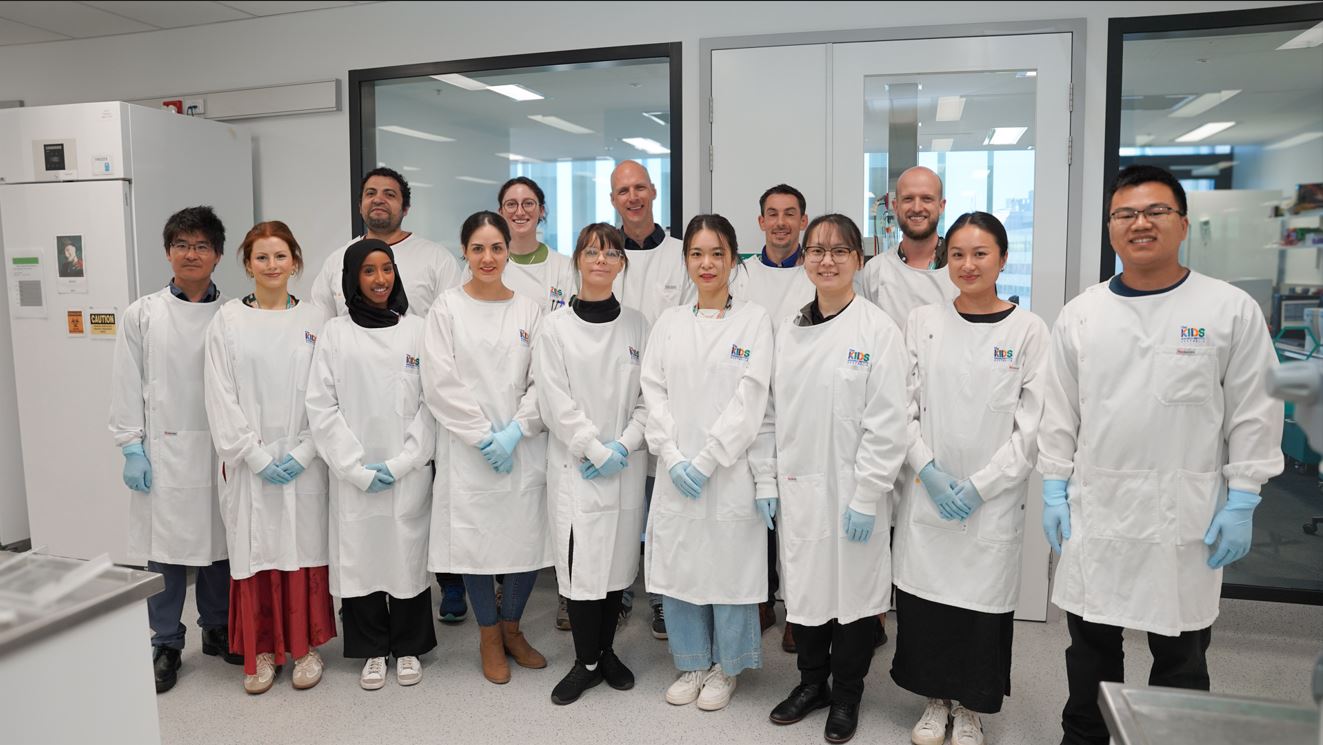Search
This article investigates the impact of burn & excisional injury on the immune system.
T-cell repertoire is selected according to self peptide-MHC (major histocompatibility complex) complexes in the thymus.
Many proteasomes expressed by normal cells and cells exposed to cytokines are "mixed", that is, contain both standard and immunoproteasome subunits.
To investigate the immune capabilities of peripheral tissue DCs generated in vivo from the BM of UV-irradiated mice, chimeric mice were established.
Injection of BM-differentiated DCs from nonchimeric mice restored the reduced immune responses of PGE2-chimeric mice.

We aim to discover and develop safer and more effective treatments by doing inventive and rigorous research to improve outcomes for kids with cancer.
In this project, we are using systems biology approaches to map the wound healing response in sarcoma following surgery to identify new treatments that can prevent sarcoma relapse.
The success of cancer immunotherapies has highlighted the importance of monitoring the anti-tumour T cell response. Patients with mesothelioma frequently present with a malignant pleural effusion (MPE) that is commonly drained regularly to alleviate symptoms. As MPE contains tumour cells, T cells and cytokines, it provides a unique opportunity to sample immune events at the tumour site.
The investigation of ovarian development, dysfunction, and aging is essential for female reproductive health. Despite extensive research on the cellular functions of Brefeldin A (BFA) as an intracellular transport inhibitor, its specific effects and mechanisms on ovarian development/aging remain inadequately understood.
Peroxisome proliferator-activated receptor γ (PPARγ) is a prominent ligand-inducible transcription factor involved in adipocyte differentiation, glucose homeostasis, insulin sensitivity, inflammation, and cell proliferation, making it a therapeutic target for diabetes, metabolic syndrome, autoimmune diseases, and cancer.
